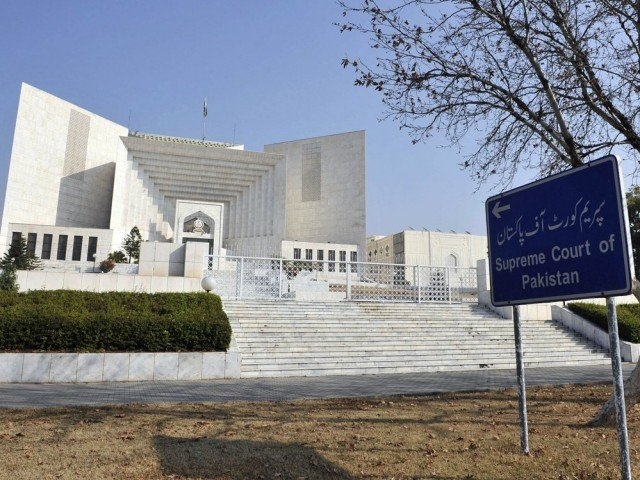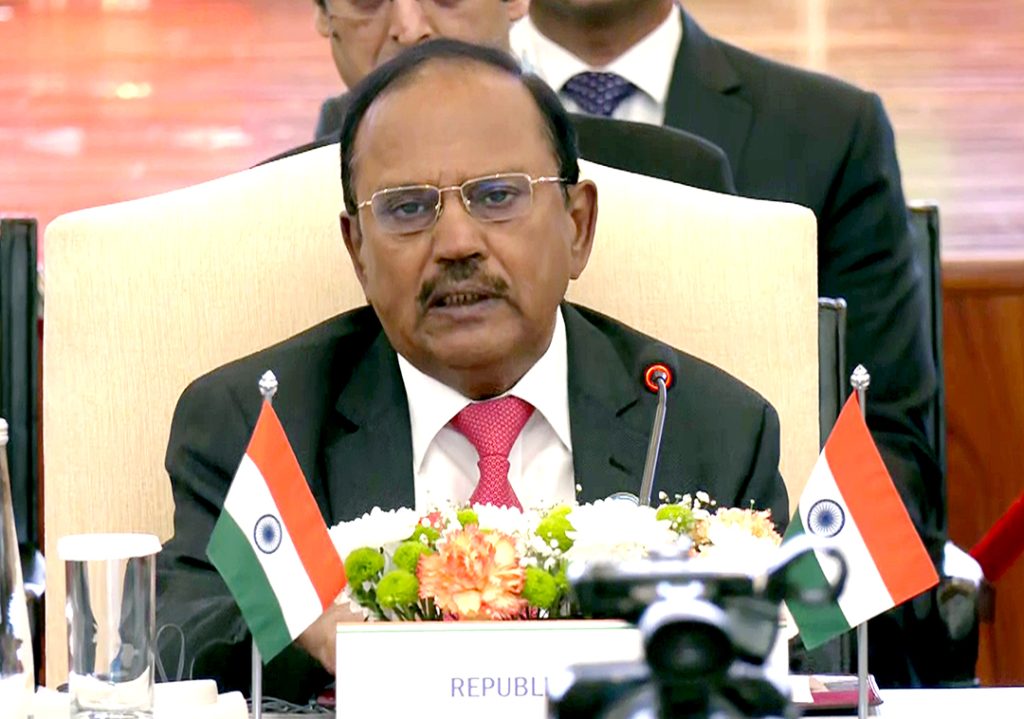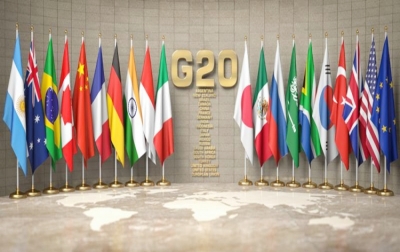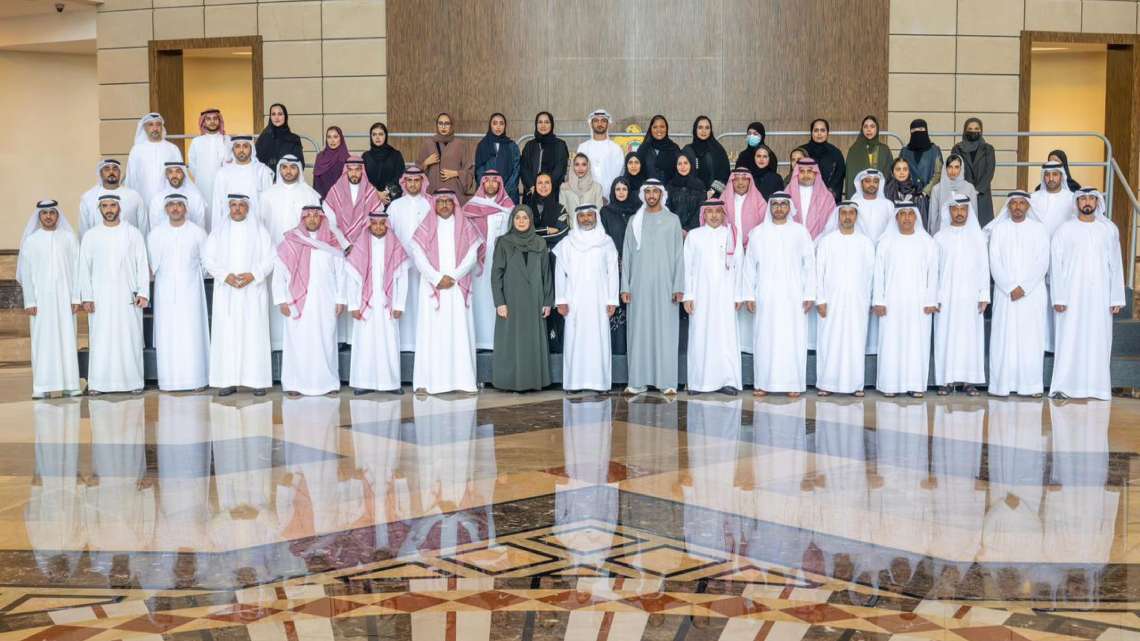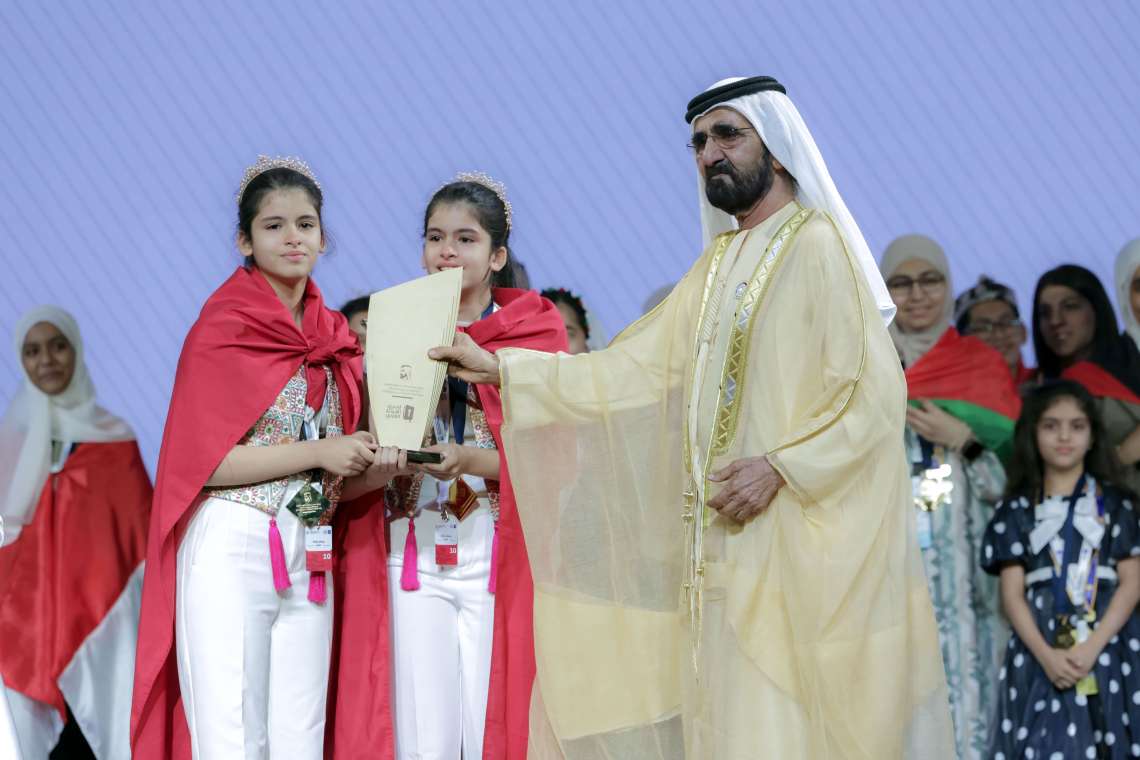Experts said that bar councils and associations had long pressed for the CJP’s authority to be organised and regularised…reports Asian Lite News
Although legal experts agree with Justices Syed Mansoor Ali Shah and Jamal Khan Mandokhail’s call for the framing of proper rules governing the chief justice’s discretionary powers, they say that the Supreme Court should determine whether the decision was a “3-2” or “4-3” judgement, reported Dawn.
Salman Akram Raja, an attorney, said on the Samaa TV programme “Nadeem Malik Live,” as quoted by Dawn, that the five-member bench hearing the PTI’s petition contesting the electoral body’s orders to postpone the Punjab Assembly elections would determine whether the “3-2” or “4-3” ruling was applicable to the March 1 order.
He said, “It will be clear in a day or two. This is no big deal.”
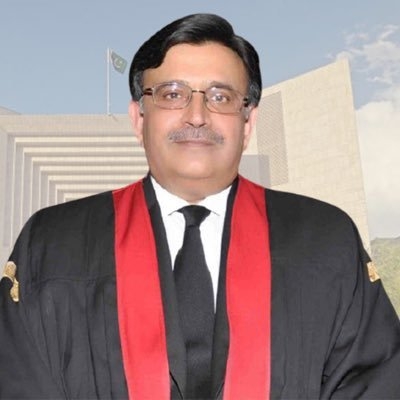
“There is no rule which says a full court will sit [….] we consider the bench to be the Supreme Court. Now, a bench is hearing the matter and it will decide what the previous verdict was. We will have to accept the decision,” argued Raja.
He said “all issues” raised in the dissenting note were important. Raja, however, called the demand for having the apex court’s suo moto jurisdiction as being a precise one. He added, “We should formulate rules immediately. However, we cannot just reject the past by saying that it was a ‘one-man show’ or chief justices made the benches.”
He said that the lack of consensus among the senior court judges was the reason why such guidelines had not yet been developed.
Legal expert Salahuddin Ahmed, on Geo Television show Capital Talk, as cited by Dawn, said that bar councils and associations had long pressed for the CJP’s authority to be organised and regularised.
“You can’t leave it completely to his discretion and as today’s judgement [shows], very harsh language has been used and judicial imperialism has been mentioned.”
Ahmed noted that the need for reforms had previously been brought up frequently and that several judges had expressed dissatisfaction with the so-called selective composition of benches in political or sensitive cases during their retirement addresses.
“When seven to eight or a dozen judges are saying this, then the chief justice is responsible for not allowing the people to get the impression that you are running the institution through certain judges.”
He questioned why the chief justice was delaying the formation of a full bench in order for all judges to sit down together and “speak with a collective authority so matters are actually solved instead of becoming more complicated.”
Echoing Raja’s views, he said that the present five-member panel would have to decide which of the two verdicts was.
He said that the latest turn of events was compromising the SC’s integrity.
He added, “The matter is simple when you include the same three to four judges in important constitutional and political cases, then naturally people will have reservations,” Dawn reported. (ANI)

